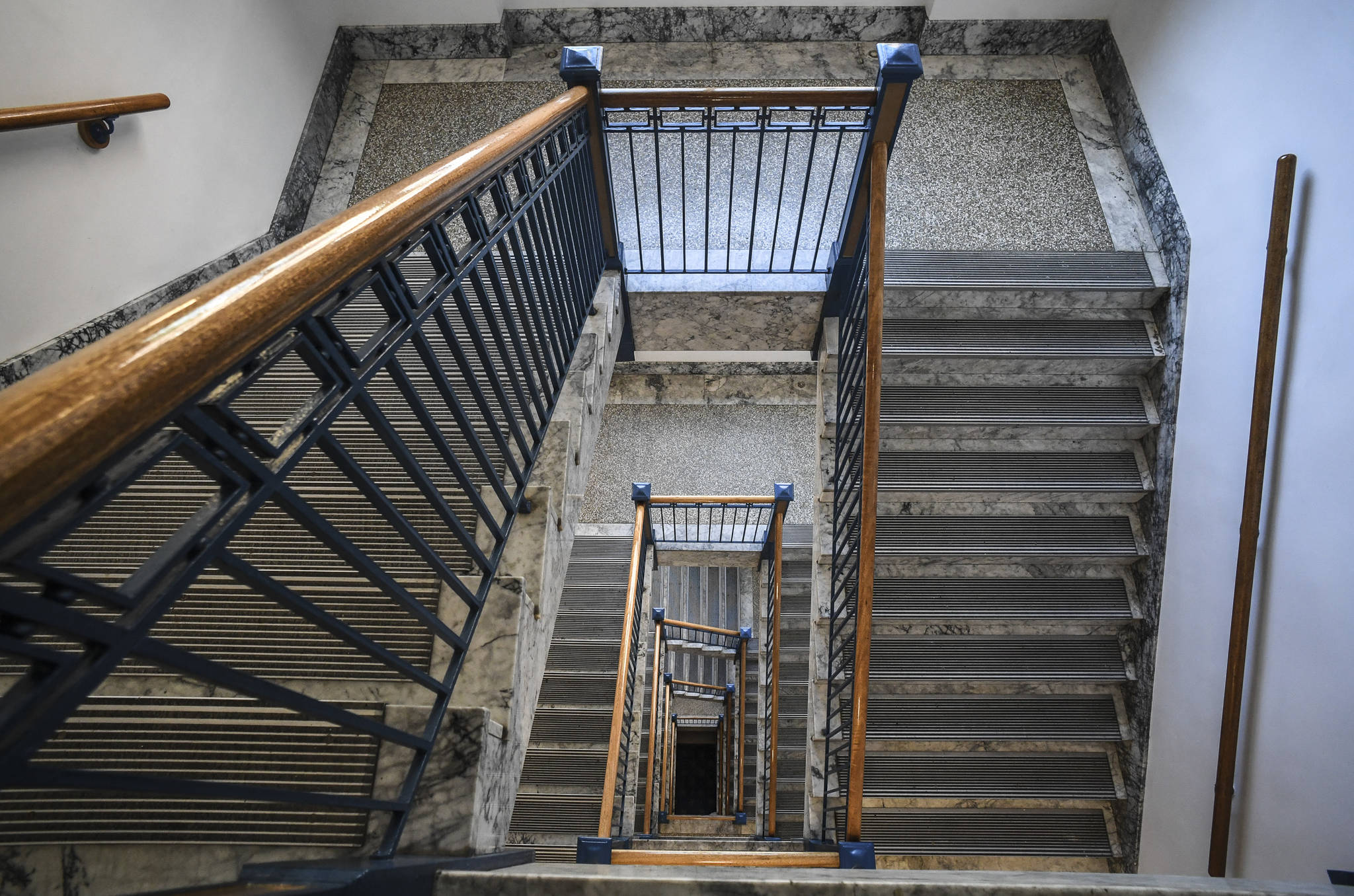Last session featured a prolonged budget conflict and contentious special session. Here’s a look at what Alaskans can expect lawmakers to tackle this session, which starts today.
Several lawmakers who spoke to the Empire expressed a cautious optimism this year’s session would be more productive than last, but there’s still a lot of uncertainty.
A change in the PFD formula?
Like last year, much of what the Legislature will have to debate will revolve around the Permanent Fund Dividend. When he released his budget last month, Gov. Mike Dunleavy told reporters he intended to allocate a dividend based on the formula in statute. That would mean roughly $3,170 for this year’s dividend but it would also mean drawing the state’s Constitutional Budget Reserve down to about $540 million.
But many legislators have said there isn’t money to pay a full statutory dividend, and that smaller payouts were more sustainable for the state’s budget. Dunleavy has repeatedly said he intends to follow the law when it comes to the dividend and strongly opposed the limited payouts issued by the Legislature last year.
Some legislators are proposing to change the formula.
“We are focused on solving that formula,” Senate President Cathy Giessel, R-Anchorage, told the crowd at the Resource Development Council on Jan. 9. “Amending that 40-year-old law that has been driving our budget.”
Giessel made the argument that with smaller dividends, more money would remain in the Permanent Fund itself, increasing the amount of interest payments made on the fund. That money could be used to fund state services, Giessel argued.
What about the AMHS?
The fate of the struggling Alaska Marine Highway System is still up in the air. A long-awaited reshaping study was released Jan. 15, but several lawmakers and local municipalities were disappointed with its recommendations.
“The state sees its role of providing transportation — a recognized societal underpinning and scaled service appropriate to state sponsorship as an ‘obligation’ and ‘liability,’” Cordova Mayor Clay Koplin told the Empire.
The study looked at ways to reduce the state’s subsidy to AMHS by 50%, which would mean roughly $24 million coming from the state, an amount ferry supporters found to be too low.
The report did say full privatization of the system wouldn’t work, something Sen. Jesse Kiehl, D-Juneau said he saw as a win.
The House Transportation Committee will be hearing from municipal leaders in Southeast Tuesday afternoon. Leaders will present on how important AMHS is for their communities.
Formula driven spending
Dunleavy said in December he said he was intent on paying a full PFD. But he also said that most of the state’s spending was out of his control. Formulas set in statute accounted for the majority of the state’s budget, Dunleavy said, and it was time for lawmakers to take another look at those formulas.
“So over half the budget is really not in my control to change,” Dunleavy said. “If we’re going to change any of those formulas, it has to be done with the partnership of the Legislature.”
Some legislators agreed but weren’t sure if it could be done in a single legislative session.
“The last time the education formula was changed, they worked throughout the summer, they had two years and a legislative session,” Rep. Jennifer Johnston, R-Anchorage, previously told the Empire. “I don’t think the Legislature has the bandwidth to do it within 90 days, and it’d probably be irresponsible.”
• Contact reporter Peter Segall at 523-2228 or psegall@juneauempire.com.

